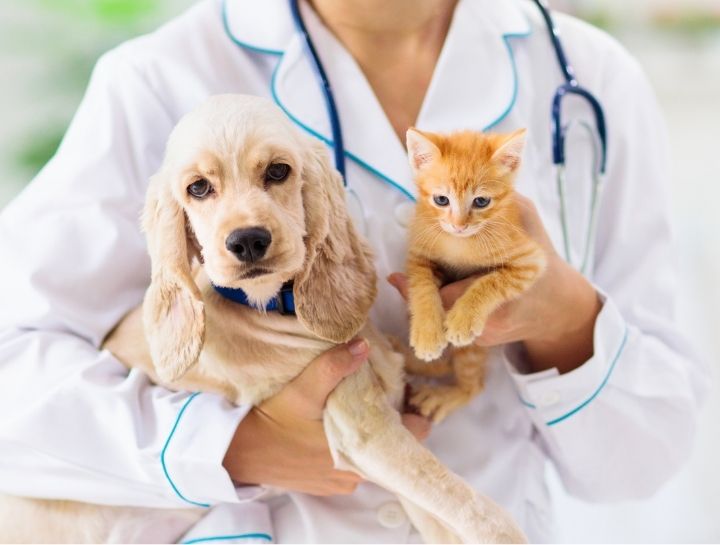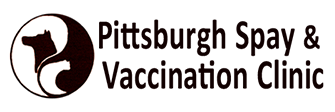Surgical Information
Details of how your pets day will go.
We all become nervous when hearing that our pet needs surgery. But veterinary medicine today is keeping pace with standards set for human care. Major surgical procedures, even in our aging pets who are living 3-4 years longer than they did 40 years ago, have become more common, less invasive, and much safer for our pets. One of the best things you can do to ensure a speedy recovery is to keep him in good health and tip-top condition long before he requires surgery. This means feeding him a nutritionally sound diet, providing regular exercise, and making sure he is always at an optimal weight. Overweight pets are not only more prone to problems in the first place (think orthopedic, respiratory, diabetes, etc.) but they have a harder time recovering post-op as well.
Day Of
Before your pet’s anesthetic protocol, or on a previous visit, our doctor will assess your pet’s overall total health during the pre-surgical exam, often suggesting blood work and urinalysis, and sometimes x-rays, ultrasound studies and an electrocardiogram to ensure there are no hidden organ abnormalities. The anesthetic plan will factor in your pet’s age, general health, any slight blood work abnormalities, and the length and type of procedure involved. Your pet will receive pre-medication sedatives to calm him, so you can rest assured your pet will be relaxed as he is being anesthetized. While under anesthesia, our surgical team of licensed technicians and the surgeon are very busy monitoring your pet with the help of advanced electronic monitoring equipment. We control body temperature with heated surgery tables and warming blankets. We continuously assess his heart electrocardiogram, respiratory rate, pulse-ox (blood oxygen levels), and blood pressure. During recovery, the patients are monitored while on warming beds. Pain meds are started even before, or during, surgery to make sure his recovery is smooth and free of pain.
Hospital Discharge
At discharge, a member of the surgical team will join you in an exam room to go over all discharge instructions, discuss the administration of pain medications and other medications, and answer any questions that you may have about the postoperative period. If your pet has a plastic or cloth protective collar, this must be kept in place at all times to prevent licking or traumatizing the incision. Feeding and exercise instructions are also reviewed.
Back Home
We are very concerned about controlling post-operative pain in your pet, so often two types of pain meds will be prescribed. The first few days, please administer these on schedule, as pets can, and usually will, try to put on a “happy face” for you, but in reality may be uncomfortable. They may react a little “touchy” or even display mild aggression if you get near the surgery area, which is normal. This will pass quickly, though. It is always a good idea to do a little pampering when first arriving home, but don’t be surprised if your pet bounces back very quickly. It is best to keep other pets away at first to minimize the temptation to overdo it. While traditional rest and medications will help healing you can also try a holistic approach to helping your pet mend. Music therapy has been shown to lower the heart rate and blood pressure, decrease anxiety, and increase the release of endorphins in pets recovering from surgery. Soothing music and dim lighting really can help.
Follow Up
Depending on the procedure performed, we may recommend some rehabilitation in the home following surgery. Sometimes there are bandages to be changed, or sutures to be removed by our technicians. It is important to keep all follow-up appointments.
We look forward to discussing all aspects of surgery at PSVC with you. Contact our surgical team at (412) 798-8770 any time with questions or comments about our care of your pet.

